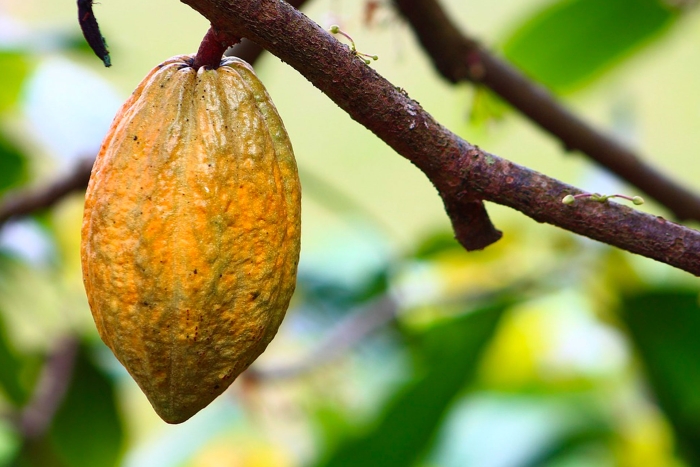Fairtrade has updated its standard for cocoa with greater emphasis on human rights, the fight against deforestation, traceability, living incomes and social justice. The amendments will come into effect in phases over the next two years.
Regarding deforestation, in addition to the requirements of prevention and mitigation plans, the adjusted standard now requires that geolocation mapping of farms and prevention and mitigation data be collected by producer organizations for their own use, and communicated to Fairtrade. In addition, producer organizations are required to prepare measures including awareness campaigns for their members and to apply production practices with a positive impact on the environment.
New Human Rights and Environmental Due Diligence (DRHDE) requirements position farmers as partners in the process of implementing human rights and due diligence environmentally reasonable, drawing particular attention to the prevention of child labor in cocoa production. In this regard, the updated standard calls on producer organizations to implement monitoring and remediation systems more effectively. Sharecroppers and Custodian Farmers are also included in the revised standard with required written contracts now offering them tangible benefits and greater visibility. On human rights, additional requirements for equal opportunities for women, including equal access to training, are incorporated.
The update also splits responsibility for compliance between producer organizations and commercial actors, with the latter being called upon to support producer organizations in preventing child labor and deforestation where requirements have been tightened.
Finally in terms of traceability and transparency, the updated standard will now require producers to implement product traceability solutions and clear documentation, enabling “first mile” traceability. This will allow them to map their members' farms and trace what they buy from each farmer.


